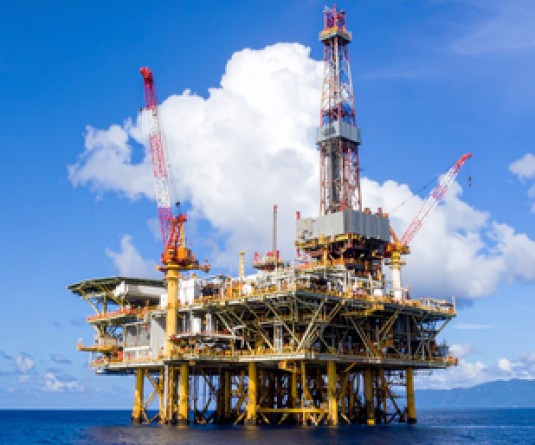IANS Photo

New Delhi, September 17 (IANS): India is rapidly emerging as a global leader in sustainable development, as it is not just following the global climate agenda but developing its own positive approach to a green future as a pathway to economic prosperity and a strong nation.
By combining strong political leadership, a thriving private sector, and a deeply rooted philosophical connection to nature, India is proving that a green future is not only possible but also a direct route to prosperity and power, according to an article by Erik Solheim in India Narrative.
This transformation is driven by a powerful combination of factors: strong political will, a vibrant business sector, and an engaged civil society. Far from being a burden, this green shift is seen as a pathway to economic prosperity and national strength, a message framed not around the fear of climate change but the promise of a brighter, more prosperous future, the article states.
It also points out that India has been unfairly accused of hindering international climate talks and blamed for a crisis it contributed very little to. The reality is that the per capita emissions of the United States are currently 25 times higher than India’s. This disparity highlights the arrogance of those who point fingers at India while ignoring their own historical and current responsibilities.
The article highlights that Prime Minister Narendra Modi has reframed the climate debate. Instead of focusing on the dire consequences of climate change — like droughts or floods — his message is one of opportunity. He speaks of a future where every Indian is lifted out of poverty, a thriving middle class emerges, and India takes its rightful place as a powerful nation on the world stage. Crucially, this vision is anchored in green technologies — solar, wind, electric cars, and other renewables. This positive, aspirational message resonates far more deeply than one built on fear and sacrifice.
It states that this shift in messaging is a lesson the world should learn from. It turns climate action from a negative, problem-focused agenda into a positive, inspiring one. The absence of a significant “climate denial” movement in India, unlike in many Western countries, further strengthens this approach.
The article underlines the success that India has achieved in setting up solar, wind and hydro power projects to fight climate change.
India’s green progress is not just a top-down mandate; it’s a nationwide movement with remarkable success stories unfolding across different states.
It mentions Gujarat as a front-runner, with an ambitious goal of generating 100 GW of solar energy by 2030. This alone would make it one of the largest renewable energy economies in the world if it were a separate nation. Tamil Nadu is making strides in restoring its windmills and has embarked on a large-scale mangrove restoration project while Madhya Pradesh hosts some of the country’s most innovative green projects. This includes a 150 MW floating solar plant on the Omkareshwar dam in Khandwa and India’s first solar village, Sanchi.
Besides, Andhra Pradesh, like Gujarat, is a leader in solar energy generation with significant capacity installed and Uttar Pradesh is focusing on hydro and pumped storage and has made strides in greening its agriculture sector.
The article also points out that the deep-rooted connection between Indian philosophy and nature plays a significant role in this green transformation. The ancient Hindu philosophy of Dharma venerates the environment, viewing humans as an integral part of nature rather than superior to it.
This contrasts sharply with some Western traditions, which historically have viewed humans as being “above” nature, free to exploit it for their own ends, the article adds.
Erik Solheim, the author of the article, is a well-known global leader on environment and development as well as an experienced peace negotiator. He served as Norwegian minister of Environment and International Development from 2005-2012.






